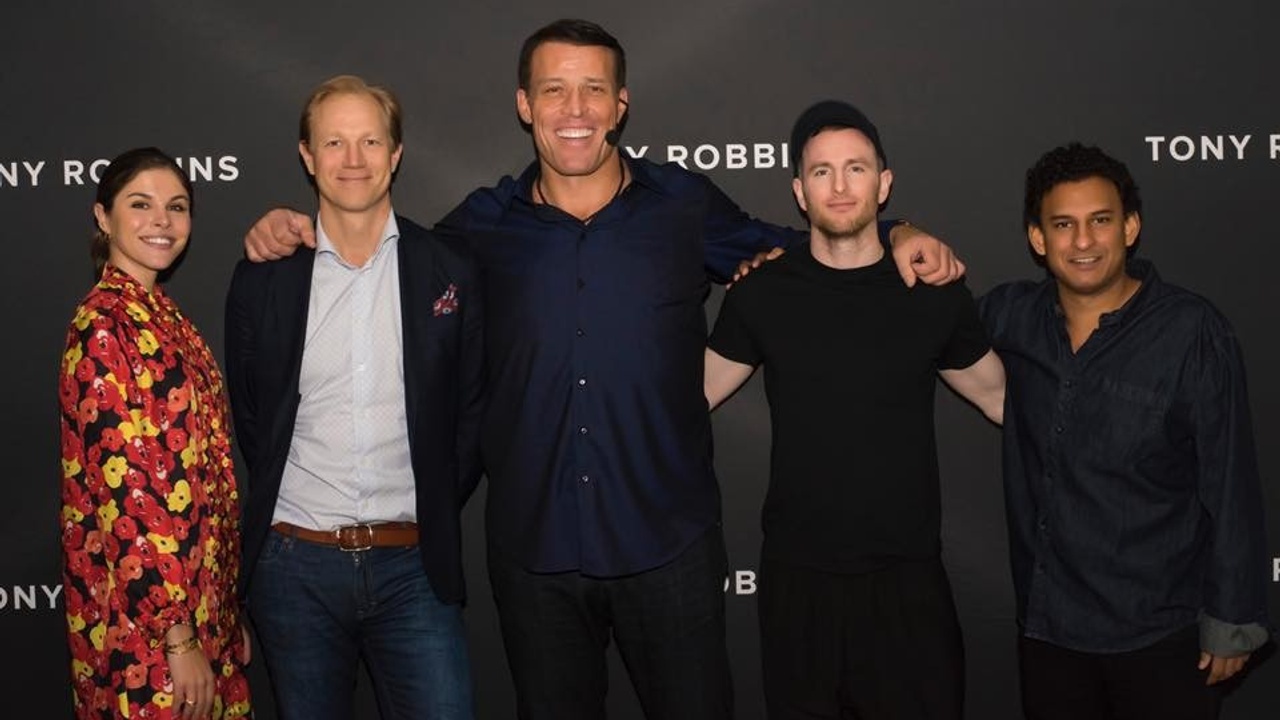
How to Change the Game; 2 Strategies to Differentiate
Feb 08, 2018I recently attended a Tony Robbins Business Mastery seminar.
While there were a lot of exciting speakers and activities, one panel in particular caught my attention. It was called “Masters of Disruption” and featured a quartet of incredible innovators. Joe Gebbia, co-founder and Chief People Officer of Airbnb, Emily Weiss, the founder and CEO of Glossier; Iqram Magdon-Ismail, co-founder of Venmo; and Jonas Kjellberg, co-founder of Skype, were all on the panel.
It’s rare that an event lives up to the hyperbole of its title, but this one did. These four people are truly masters of disruption, and it was an privilege to hear them speak. “Disruption” may be a buzzword in business circles, but that doesn’t devalue the concept. Asking how to make an industry work better for consumers is a noble goal no matter what you call it. That’s basically what disruption boils down to.
Everyone on the panel had a wealth of information to provide, but I was most taken by Mr. Kjellberg. He introduced two important concepts I had never heard of before. They immediately resonated with me, and I think they apply to businesses of all shapes, sizes, and industries.
Jonas Kjellberg, Co-founder of Skype
Innovating in Zeros
The first idea is what Kjellberg calls “innovating in zeros.” Innovating in zeros comes in two forms: subtraction and addition. Subtracting zeros involves finding undiscovered ways to cut costs. Skype’s business model is, in and of itself, a method of subtracting zeroes. Instead of creating their own infrastructure, Skype simply used the already-built internet to host their calling platform.
The way to add zeros to your business is to add features and services that increase the value of your product. One example of this is the way Netflix added tons of original programming to their streaming library. As more and more companies created streaming platforms, Netflix felt their uniqueness diminishing. To differentiate their service from the competitors, they created shows like “Orange Is the New Black” and “Narcos.” All of a sudden, if you wanted to watch these shows, you only had one option.
The Friction-Free Story
Kjellberg’s second key concept is the insistence that businesses create a “friction-free story.” A friction-free story is one that’s easily understandable to employees and customers alike. If you can’t articulate to your team what your brand is all about, how do you expect them to engage in the vision you have for your company’s culture. Then in turn, relay that message to potential customers?
You also have to be willing to alter your story with an eye toward established and emerging competition. The example Kjellberg used was Volvo. When the company rose to prominence, their story of creating safety-minded vehicles set them apart. As safety became an industry-wide concern, Volvo lost their differentiating factor. They were slow to adapt their story, and they lost market share as a result.
As somebody who wants to disrupt the commercial real estate industry, I’m always looking to innovators from leading companies for inspiration. The “Masters of Disruption” panel certainly provided that. The panel may have lasted only a few hours, but the lessons I took from it will stay with me for years.


